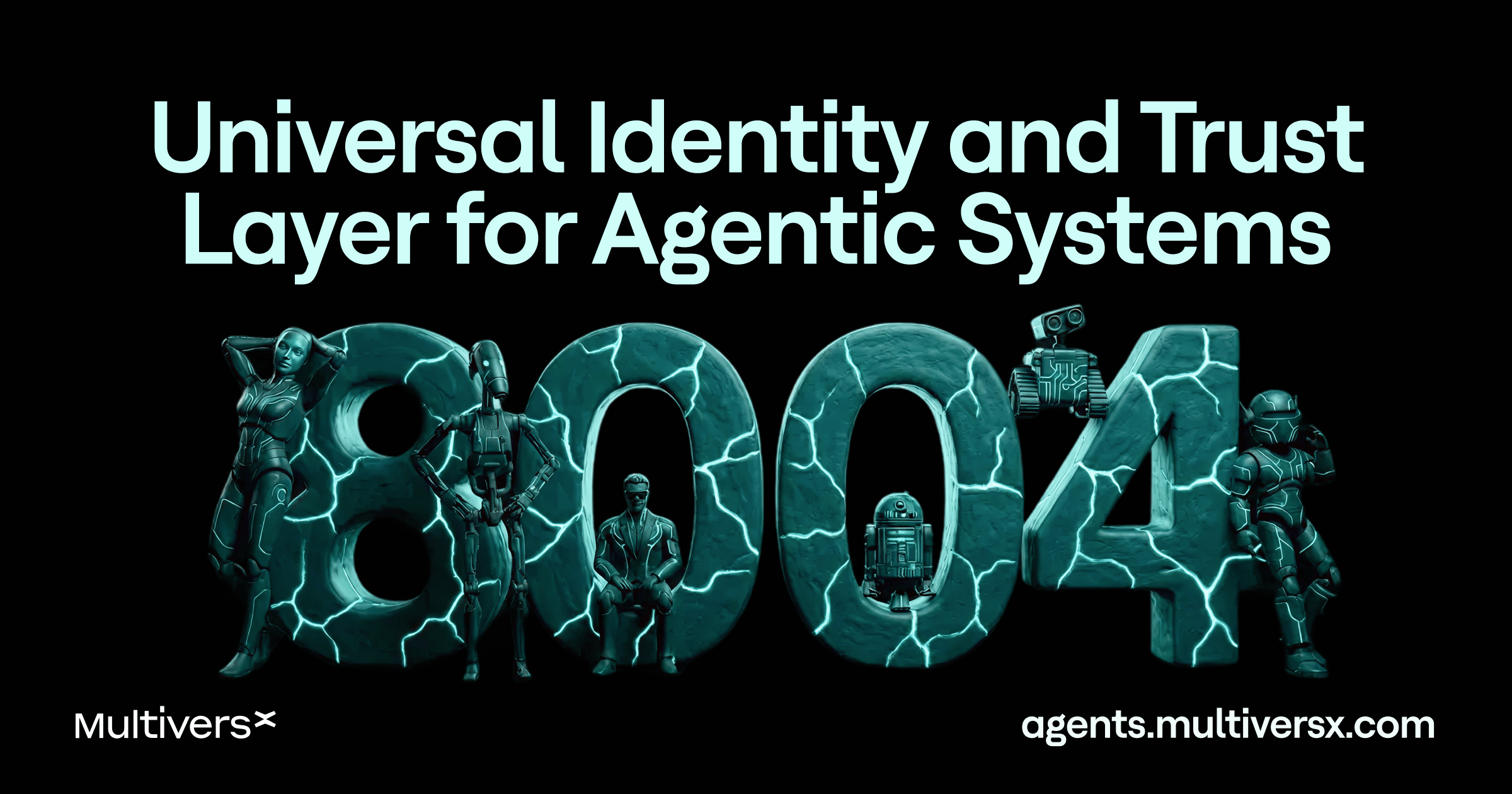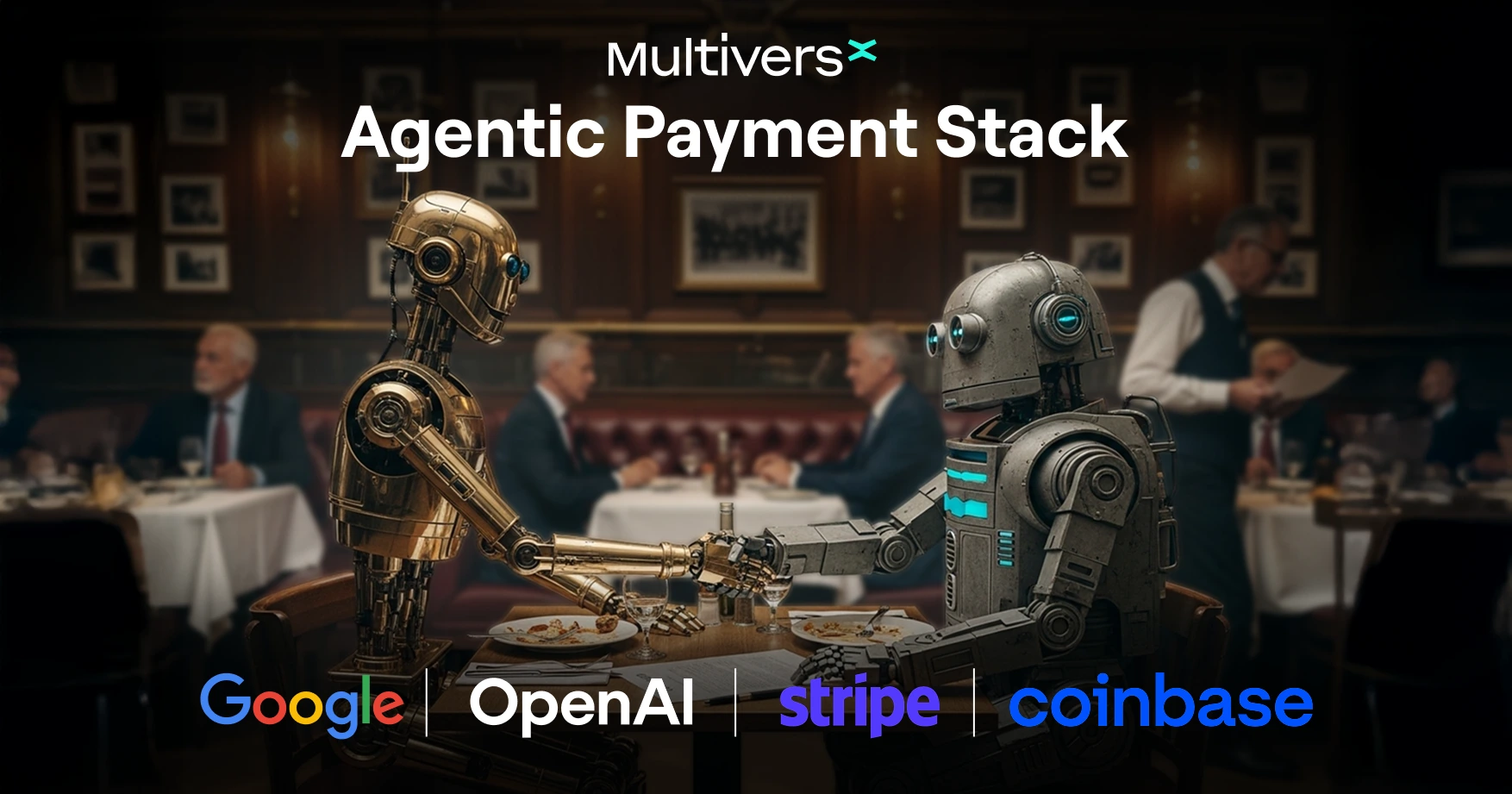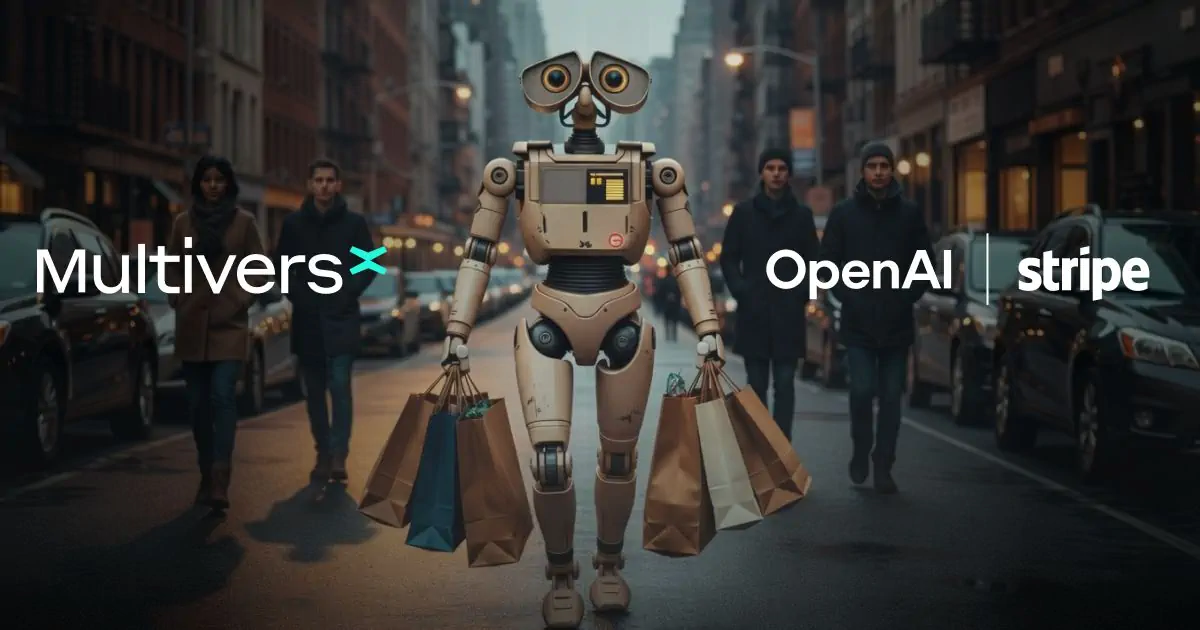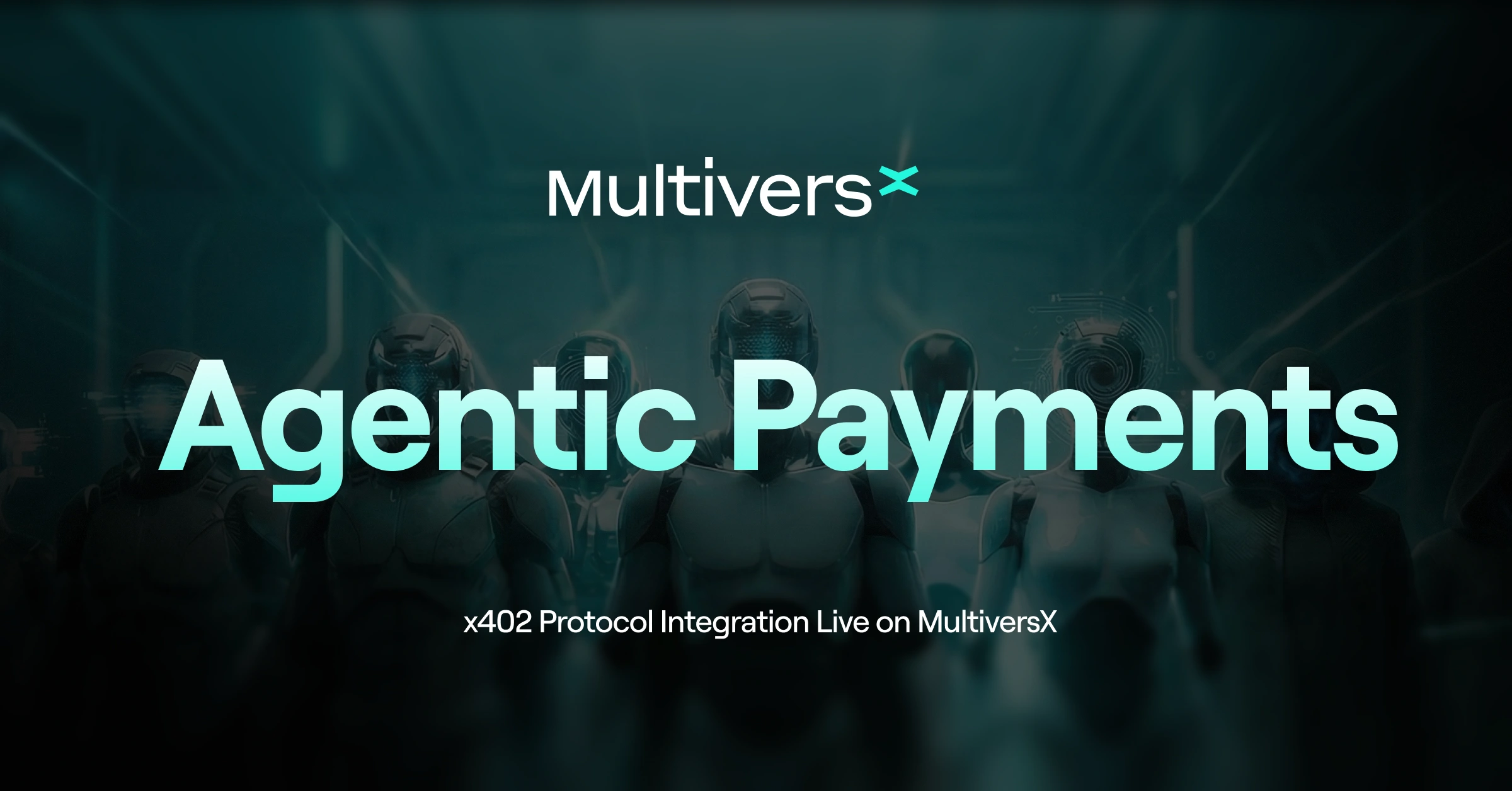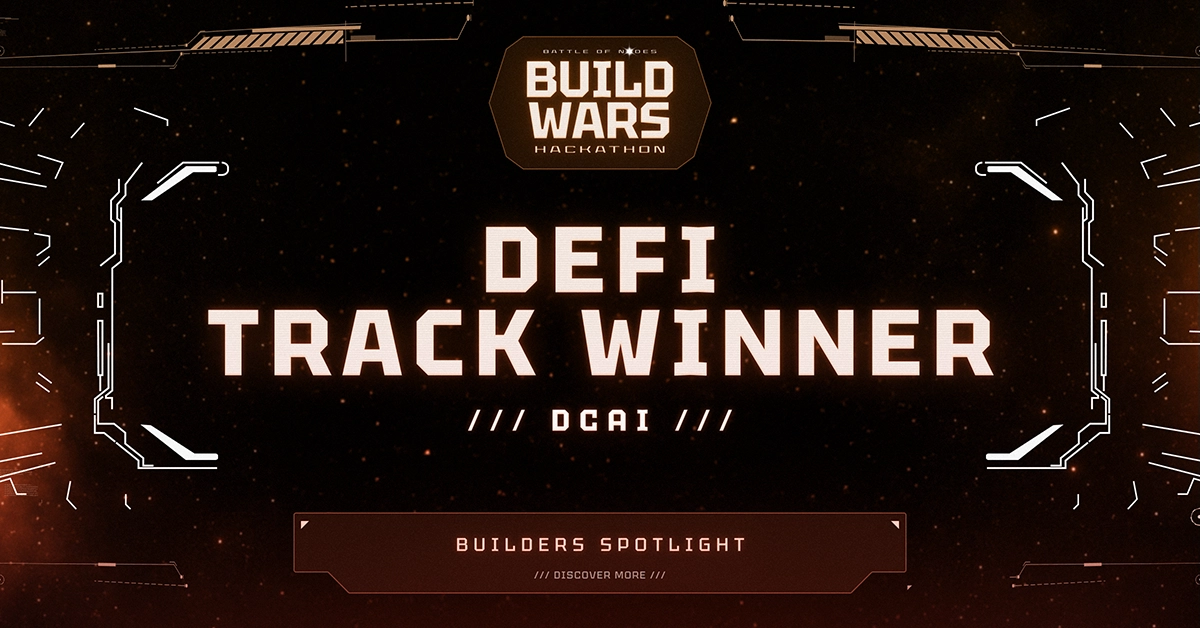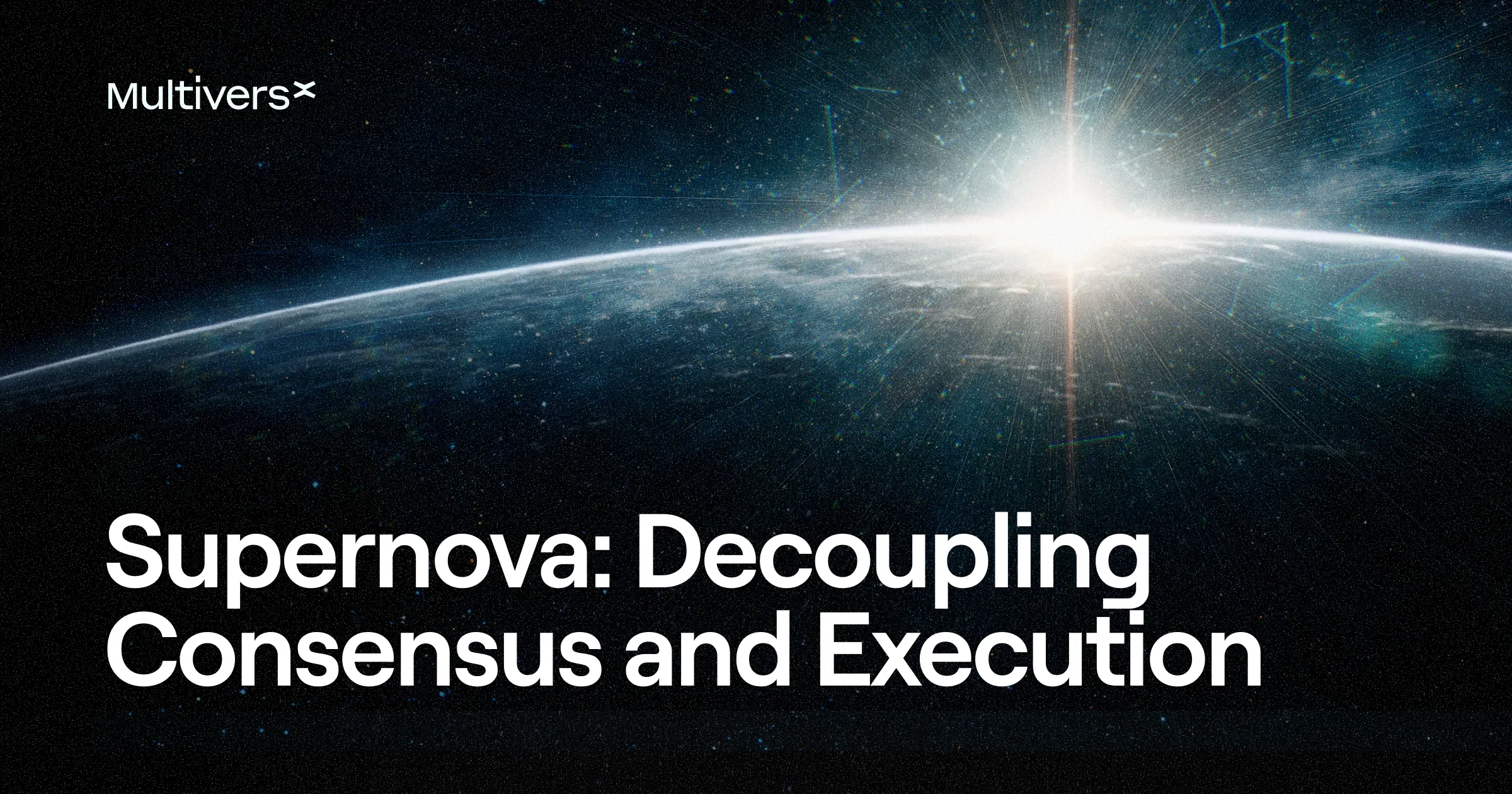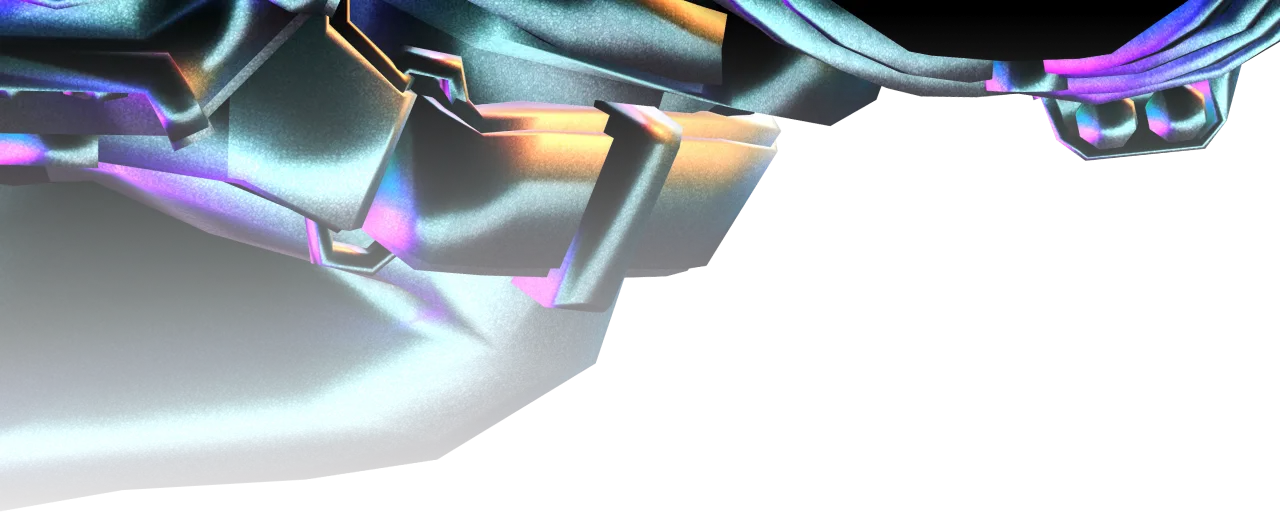



Developer Resource Library

MultiversX CLI (mxpy)
mxpy, a command-line tool, can be used to simplify and automate the interaction with the MultiversX network - it can be easily used in shell scripts, as well. It implements a set of commands, organized within groups.
More resources:
Rust SC Framework and Rust Testing Framework
The most complete smart contract framework on MultiversX that covers:
- The base framework;
- A complete build system, which relies on the smart contract code directly;
- A powerful debugger, based on a partial implementation of the MultiversX VM, in Rust.
- A framework for writing both black-box and white-box tests. They rely on the standard MultiversX blockchain scenario format.
- The official data serializer and deserializer for smart contract data. Can be used both on- and off-chain.
Comes also with a large collection of smart contract examples and feature tests, together with some of the core smart contracts used on the blockchain (e.g. the wrapped egld swap, multisig, etc.). Also a framework for interacting with the blockchain, based on the smart contract logic, especially suitable for developers can be found among with a code snippet generator.
More resources:
MultiversX Playground
Development containers, or dev containers, are Docker containers that are specifically configured to provide a fully featured development environment. Whenever you work in a codespace, you are using a dev container on a virtual machine. Playground for contracts and dApps, shaped as a devcontainer for GitHub Codespaces or Visual Studio Code.
Includes commonly-used tools and libraries for developing on the MultiversX platform: Rust, mxpy, sc-meta, rust-analyzer (extension), MultiversX SDKs for Python and JavaScript, and more.
More resources:
Elven Tools
Complete open source toolset for launching NFTs and SFTs collections on the MultiversX blockchain.
You will also do snapshots, airdrops, tokens distribution!
More resources:

Chain Simulator
Chain Simulator is a binary that provides all the [mx-chain-proxy-go] endpoints and includes additional endpoints for specific operations.
This simulator is designed to replicate the behavior of a local testnet. Unlike a traditional testnet, this simulator operates without a consensus group, allowing for isolated testing and development. By operating without a consensus group, the simulator accelerates block generation, enabling swift system testing of smart contracts. Blocks are promptly generated through a dedicated endpoint whenever users initiate the call, resulting in a more efficient testing environment.
More resources:

xSuite
xSuite is the full suite for efficiently developing high-quality MultiversX smart contracts. Init, build, test, deploy contracts in seconds.
More resources:

Javascript SDK
The Javascript sdk expands with multiple libraries and packages while providing native authenticator libraries and additional utility packages. It is mainly used for interacting with the MultiversX blockchain (in general) and Smart Contracts (in particular).
More resources:

MultiversX Utils
An aggregated tool, containing multiple features that help you in your MultiversX dApp development. Converters, Native Auth, SC interactions among other features are all available in a clear manner, available from any device through a web page. It even has AI integration that can synthesise any smart contract, by just providing a github link.
More resources:

Python SDK
The python sdk expands with multiple libraries and packages while providing native authenticator libraries and additional utility packages. It is mainly used for interacting with the MultiversX blockchain (in general) and Smart Contracts (in particular).
More resources:

NextJS SDK
This package contains a set of utilities commonly used in the MultiversX Microservice ecosystem. It relies on the following peer dependencies which must be installed in the parent package:
- @multiversx/sdk-core
- @multiversx/sdk-wallet
- @nestjs/common v9
- @nestjs/swagger v9
More resources:

MultiversX Status
Utility tool that helps you see the status of all main MultiversX services. Applies to Mainnet, Testnet, Devnet.
More resources:

dApp SDK
sdk-dapp is a library that holds core functional logic that can be used to create a (distributed) frontend applications / dApp on MultiversX Network. It is built for applications that use React.
More resources:

PHP SDK
The php sdk expands with multiple libraries and packages while providing native authenticator libraries and additional utility packages. It is mainly used for interacting with the MultiversX blockchain (in general) and Smart Contracts (in particular).
More resources:

NovaX
NovaX is your go-to toolkit for building robust software seamlessly interacting with the MultiversX blockchain. Harness the power of smart contract interactions, code generation, and automatic type conversion all checked at compile time to ensure maximum safety and efficiency.
More resources:

MultiversX Wallet
A digital wallet for MultiversX that supports the management of assets and interaction with dApps on the MultiversX blockchain. Validators and Staking Providers can also manage their nodes from this wallet.
More resources:

MultiversX Wallet Extension
It is a powerful browser extension for the MultiversX Wallet that effectively automates and reduces the steps and time required for users to interact with MultiversX Decentralized apps.
More resources:

xNetwork
This project offers an effortless way to run a localnet of MultiversX and its corresponding API without any configuration needed. While you can run a localnet of MultiversX using the MultiversX CLI, this project provides a more comprehensive environment, including a proxy and a complete API.
More resources:

Metamask Snaps
MetaMask Snaps is an innovative feature introduced by MetaMask to extend the wallet's capabilities beyond standard cryptocurrency transactions and smart contract interactions. Essentially, Snaps allows developers to create plugins that can modify and extend the functionality of MetaMask, enabling it to support a broader range of Non-EVM blockchain protocols and features directly within the wallet interface.
More resources:
.svg)
Explorer Interactor, live smart contract interactions
MultiversX Explorer offers web-based interfaces where users and developers can query and inspect details of transactions, blocks, smart contracts, addresses, and various on-chain activities. These explorers are essential tools for transparency, auditing, and debugging purposes in blockchain ecosystems. It offers a GUI for interacting with smart contracts directly from the browser.
More resources:

xAlias
xAlias is a single sign-on solution for Web3, powered by Google Sign-In (Web2). It allows new users (not yet proficient in blockchain technologies) to quickly and easily create blockchain wallets (without the need of seed phrases), then start right away and interact with MultiversX dApps.
More resources:
.svg)
Blockchain Explorer
Is a web-based application that provides a user-friendly interface for interacting with the MultiversX blockchain. These explorers allow users, developers, and researchers to query, view, and analyze various types of data recorded on the MultiversX network in real-time. This data includes transactions, blocks, addresses, smart contracts, and token information, among other blockchain elements.
More resources:
.svg)
Testnet / Devnet
Is an alternative blockchain used for testing and development purposes. It operates parallel to the main blockchain network, known as the mainnet, allowing developers to experiment with and test new features, smart contracts, applications, and transactions without risking real assets or affecting the live blockchain.
Testnets provide a sandbox environment where the digital assets have no real-world value, enabling developers to safely identify bugs, optimize performance, and ensure the stability and security of their projects before deployment on the mainnet.
More resources:

Proxy
The MultiversX Proxy acts as an entry point into the MultiversX Network, through a set of Observer Nodes, and (partly) abstracts away the particularities and complexity of sharding.
The Proxy is a project written in go, and it serves as foundation for gateway.multiversx.com.
More resources:

MultiversX API
Is the public instance of MultiversX API and is a wrapper over gateway.multiversx.com that brings a robust caching mechanism, alongside Elasticsearch historical queries support, tokens media support, delegation & staking data, and many others.
More resources:

MultiversX Blockchain Indexer
A MultiversX node can enable the indexing within an Elasticsearch instance. Indexed data will serve as historical data source that can be used as it is for searching purposes or to serve a front-end application.
More resources:
.svg)
Time Machine
Time Machine holds the entire trie data, so it can be used to query the state of an account at any point in time.
More resources:

Event Notifiers
A MultiversX observer node can push block events to a notifier service, which will process and forward the events to subscribers (via RabbitMQ). This way, one can subscribe to a RabbitMQ queue and receive block events, whenever a block is committed to the chain, instead of polling an API frequently.
More resources:

SA SDK GO
A set of free GO tools and packages designed for seamless interaction with the MultiversX blockchain and its smart contracts.
More resources:

Google Bigquery
MultiversX Blockchain data is published to Google BigQuery, and available (for free) through the Google Cloud Marketplace. The dataset, namely bigquery-public-data.crypto_multiversx_mainnet_eu, is one of many crypto datasets that are available within Google Cloud Public Datasets. One can query these datasets for free: up to 1TB / month of free processing, every month.
More resources:

MultiversX CryptoZombies tutorial
A curated tutorial made under the supervision of the team. It can help new developers discover MultiversX SC development in an easy and interactive way.
More resources:

MultiversX 30 minutes dApp tutorial
The quick go-to-tutorial to build your first MultiversX dApp in 30 minutes.
More resources:

MultiversX Smart Contract Development Framework tutorial
A short, very high-level overview of the MultiversX smart contract development framework. Main topics include: Basic tooling, smart contract project structure, main contract code features, contract interactions with other accounts.
More resources:

MultiversX Smart Contract Testing Framework tutorial
A short, high level overview of the MultiversX smart contract testing framework. Main topics include: The concept of a “scenario”, blockchain interactors written in Rust, JSON scenarios and how to use them as tests, integration tests: “blackbox” and “whitebox” testing, unit tests, continuous integration
More resources:

MultiversX General microservices Architecture tutorial
Short tutorial that covers how to craft your first microservice on MultiversX, provide you with first-hand experience for interacting with smart contracts. You will find information about MultiversX ElasticSearch Integration, MultiversX API Launch and Advanced scalability concepts.
More resources:

MultiversX Advanced Microservices Architecture tutorial
Short tutorial on how to build advanced microservices for a MultiversX Web3 product. You will get to see examples of microservices, how to interact with Smart Contracts deployed on MultiversX, deep dive into the details of Transaction Processor, Caching - why and how to use it, what’s the purpose of Cache Warmer and everything by going through the beauty of the code.
More resources:

Interact with MultiversX Blockchain using sdk-js Tutorial
In this quick and practical lesson, you'll learn how to interact with the MultiversX blockchain using the official JavaScript SDK.
- Connect to the network
- Create, sign, and broadcast transactions using built-in controllers and factories
- Query blockchain state like a pro
Documentation ↗
Microservices ↗
dAppsSpecs ↗
Cookbook (JavaScript SDK) ↗
More resources:

Interact with MultiversX Blockchain using sdk-py tutorial
A quick lesson on interacting with the MultiversX Blockchain using the Python SDK. We will create and convert wallets, create, sign and broadcast transactions, will query account information and we will be deploying and interacting with Smart Contracts.
More resources:

Interact with MultiversX Blockchain using mxpy tutorial
A hands-on tutorial on how to interact with the MultiversX Blockchain using the mxpy CLI tool. Main topics include: create and convert wallets, create, sign and broadcast transactions, query account information, deploy and interact with Smart Contracts, start and interact with a localnet.
More resources:

SpaceKit
SpaceKit is the first smart contract framework built entirely in Swift, making blockchain development easier for Swift developers. It offers native tooling, powerful abstractions, and full compatibility with Xcode and VSCode. With SpaceKit, writing, testing, and deploying Smart Contracts feels just like building any other Swift app.
More resources:

MxOps
MxOps is a DevOps-inspired automation tool for interacting with the MultiversX blockchain. It simplifies and automates smart contract deployments, on-chain tests, and blockchain interactions across localnet, testnet, or mainnet environments. MxOps reduces complexity so developers can focus on building.
More resources:

Warps
Warps are on-chain data structures that generate shareable UIs for executing transactions on the MultiversX blockchain. They simplify actions like swaps or staking by turning complex Smart Contract calls into accessible links, QR codes, or NFC tags.
More resources:

Flutter SDK
The Flutter SDK is a Dart library for building dApps on the MultiversX blockchain. It enables developers to send transactions, query network data, and interact with smart contracts from Flutter apps.
More resources:

xPilot
xPilot is an AI software engineering agent designed to accelerate development on the MultiversX blockchain. It uses advanced AI models like Claude, Gemini, and GPT-4.1 to plan and execute coding tasks, integrating smoothly with VS Code and various API providers. With flexible setup and tool access, it enhances productivity for developers across all skill levels.
More resources:

MvxLib
MvxLib is an open-source platform for exploring, testing, and mastering MultiversX SDKs with interactive tools and AI-powered assistance. It offers ABI testing, SDK analysis, and a shared component library, all in one intuitive web interface. Built for developers of all levels, MvxLib makes building on MultiversX faster, smarter, and more collaborative.
More resources:
.svg)
Build on MultiversX Course by RiseIn
Step into the MultiversX ecosystem! This course is here to teach you everything you need to build powerful decentralized applications (dApps). You’ll explore the MultiversX blockchain and learn how to create efficient smart contracts.
More resources:
MultiversX Releases
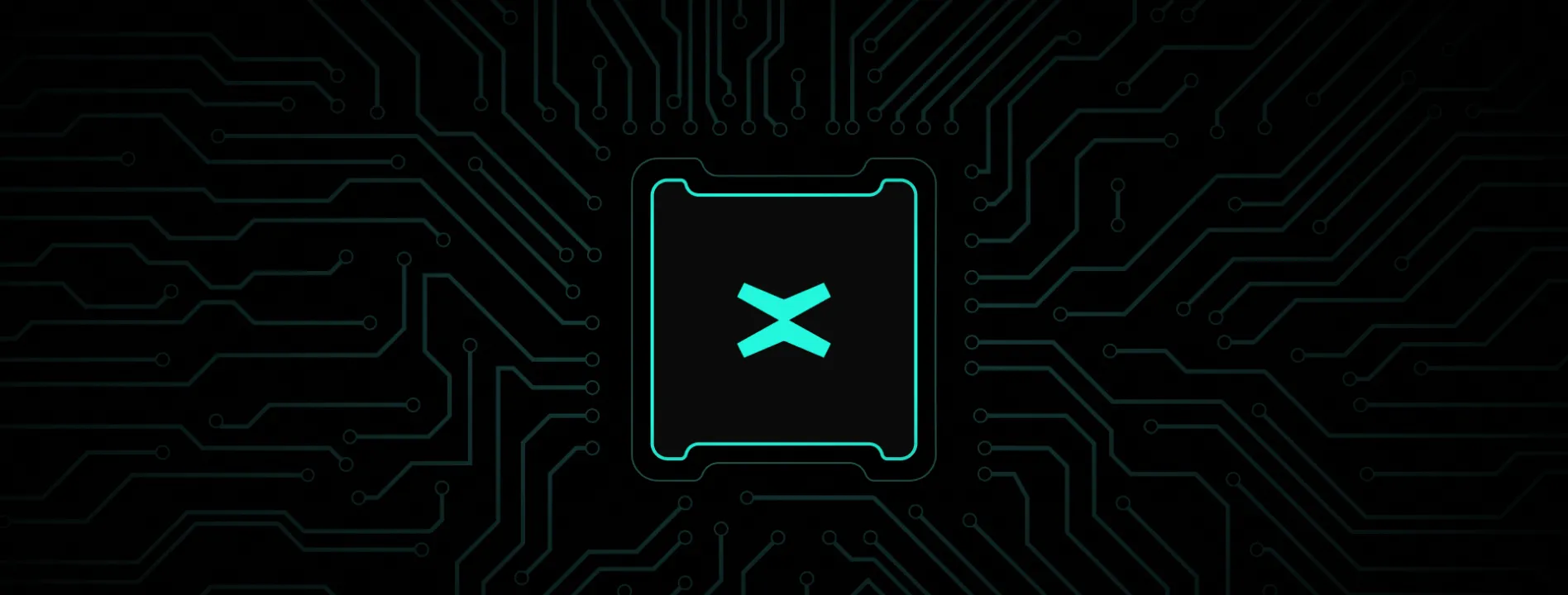


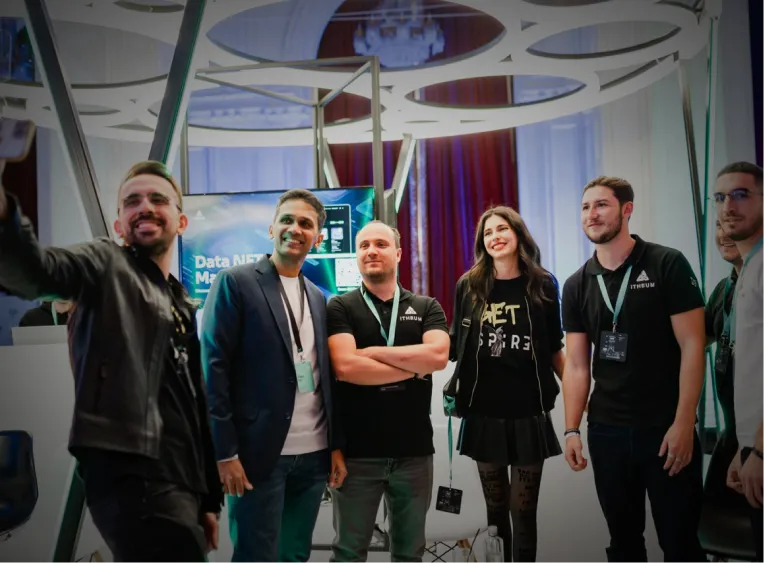
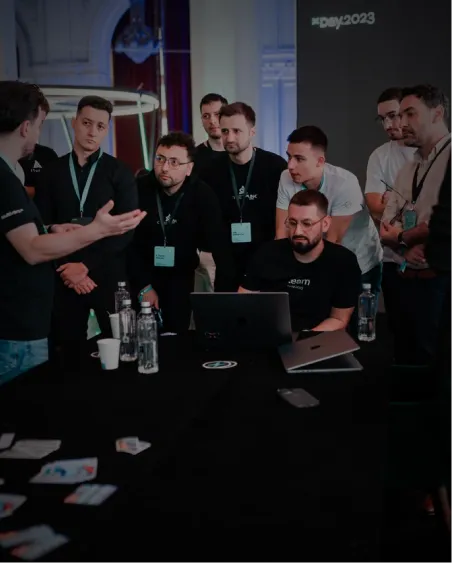
2,6k
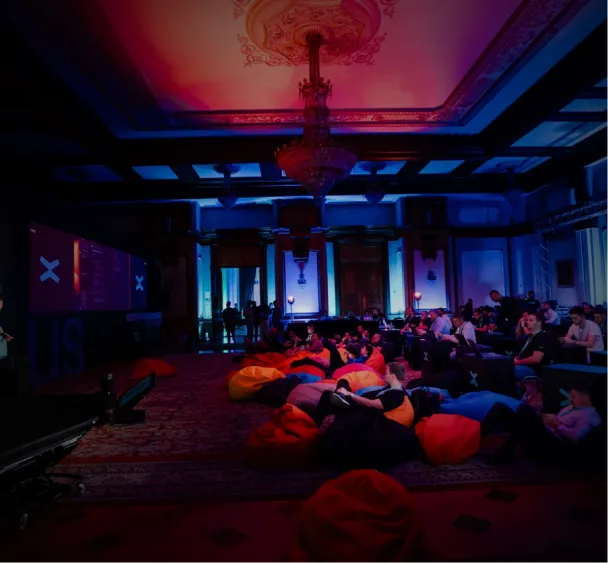
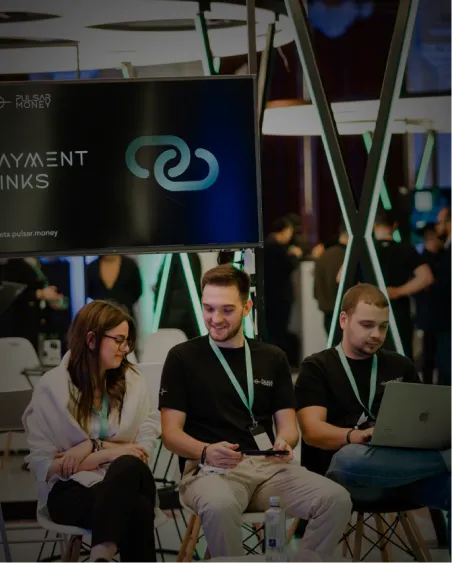
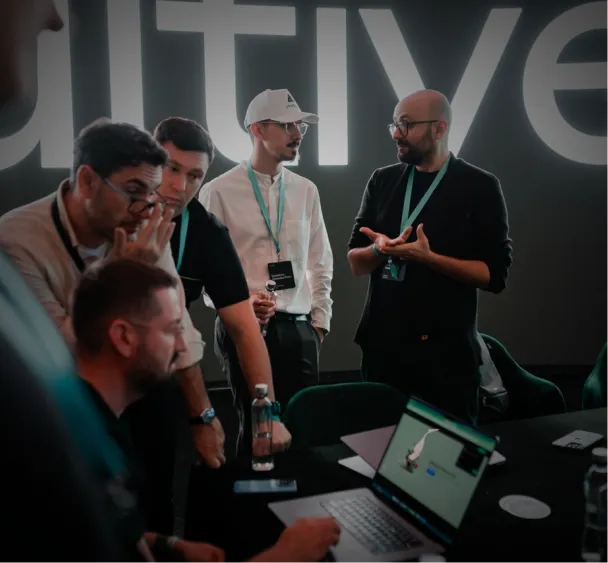
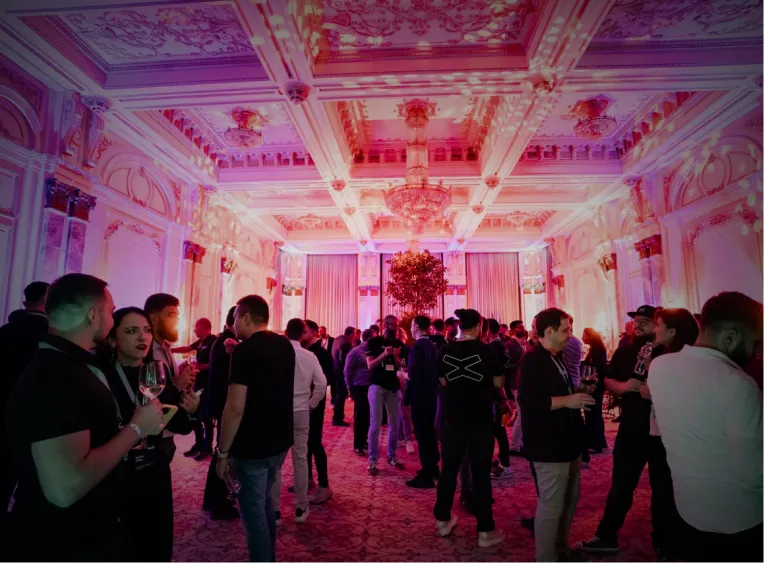





2,6k





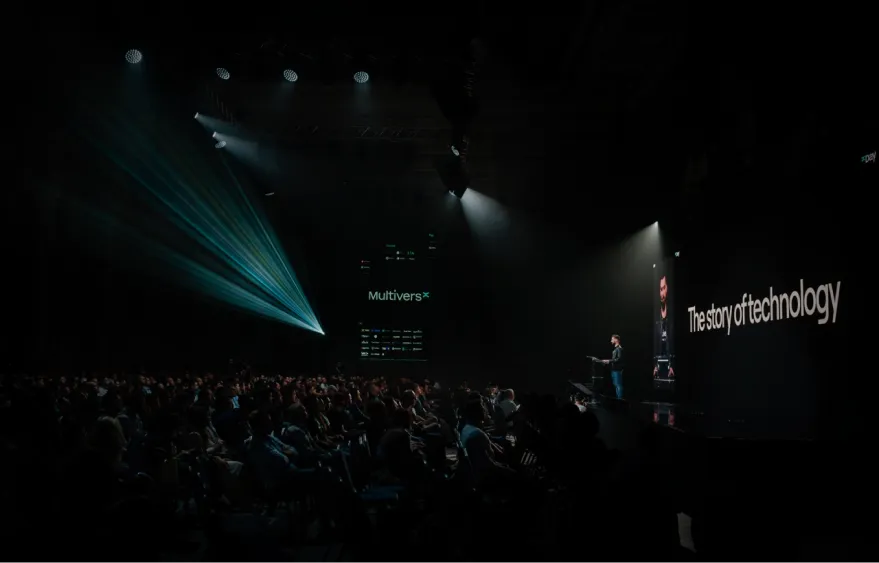

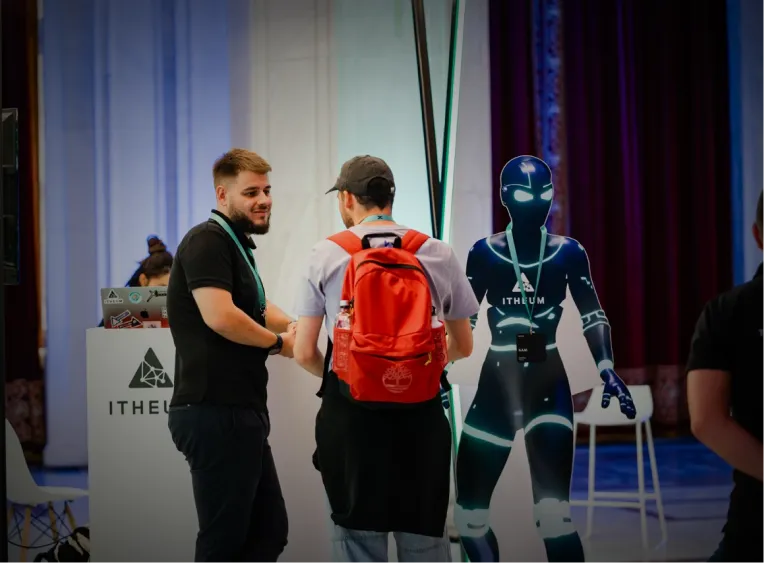
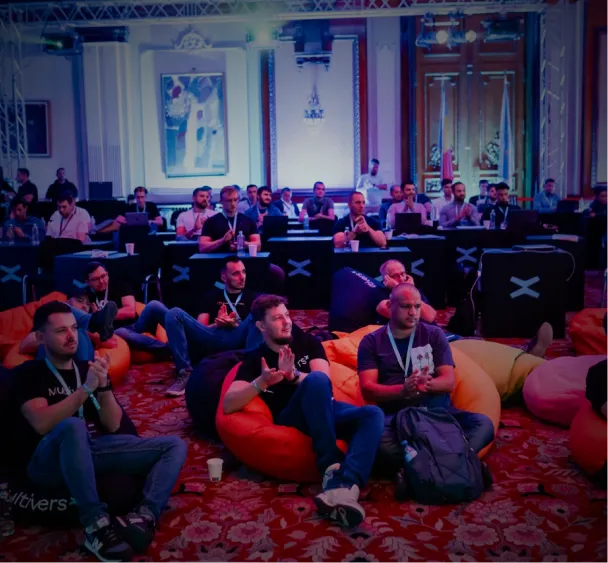

39k
On Discord and Telegram

1k+
participants in the xDay 2023 hackathon
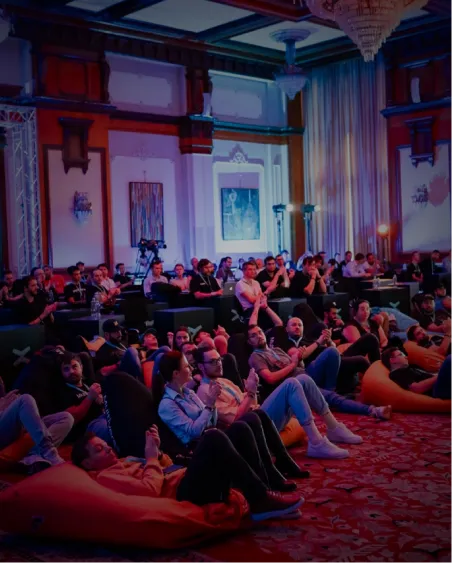
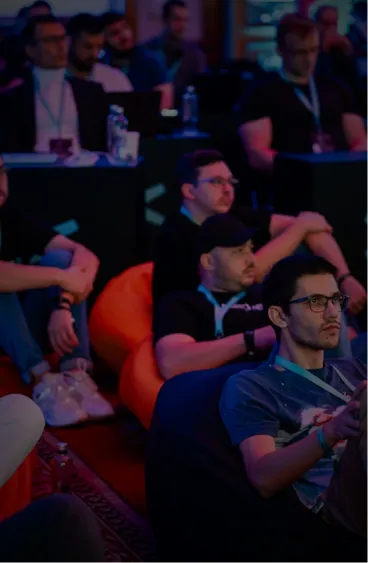





39k
On Discord and Telegram

1k+
participants in the xDay 2023 hackathon


Alone, we can do so little,
together, we can move mountains.


